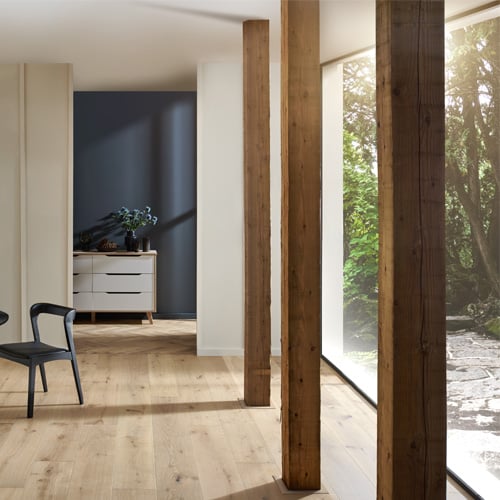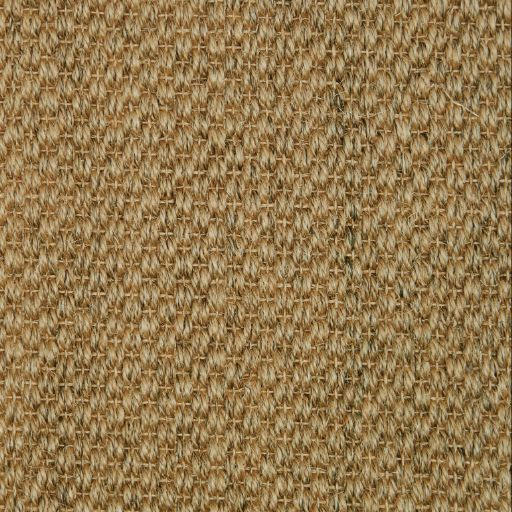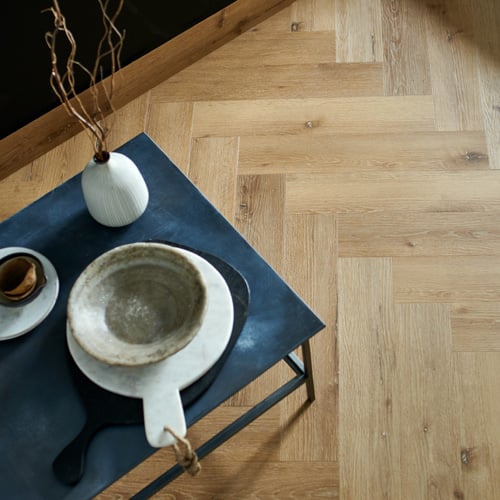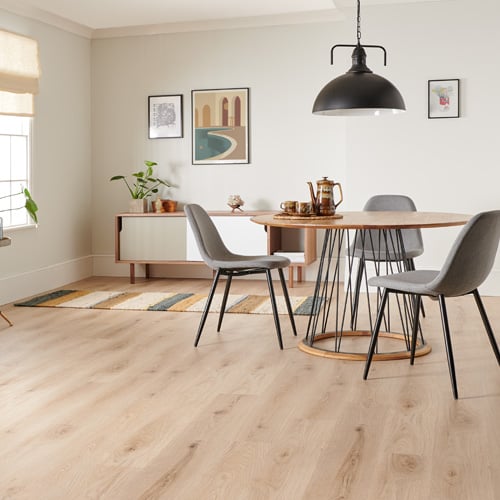Wood flooring has long been cherished for its classic appeal, durability, and warmth. When renovating or considering a change in home flooring, many homeowners ponder the return on investment (ROI) wood flooring might offer. Does it genuinely add to the home’s resale value? Let’s delve into the impact of wood flooring on home valuation.
The Timeless Appeal of Wood Flooring
Wood floors have an enduring charm that few other flooring options can rival. Here’s why:
Versatility: From rustic cottages to sleek urban developments, wood flooring suits a myriad of interior designs. Whether it’s oak, cherry, or exotic bamboo, there’s a wood type and finish to match every décor preference.
Durability: Quality wood floors, with proper care, can last decades. Their longevity often surpasses carpet, vinyl, or laminate, making them an attractive long-term investment.
Health & Allergens: Unlike carpets, which can trap dust, pollen, and pet dander, wood floors are easier to clean and less likely to retain allergens.
The Value Addition
Several studies and surveys have pointed out the positive impact of wood flooring on property values:
Buyer Preference: Estate agents often highlight that homes with wood flooring tend to sell faster and at higher prices compared to those with other types of flooring. The reason? Potential buyers perceive wood floors as high-end and maintenance-free, making homes move-in ready.
Upfront Cost vs. ROI: While the initial cost of installing wood flooring might be higher than some alternatives, the long-term ROI often balances the scales. Over time, as other types of flooring wear out or go out of style and require replacement, wood floors continue to shine, age gracefully, and may only need refinishing.
Flexibility for Future Changes: For potential buyers who may wish to customise the home post-purchase, wood floors offer a versatile base. They can be sanded, stained, or refinished to suit new aesthetic preferences, saving future renovation costs.
Factors to Consider
While wood flooring generally adds value, several factors determine its impact on property valuation:
Type of Wood: Hardwoods like oak, maple, or cherry often yield higher returns compared to softwoods like pine. Engineered wood, though durable and attractive, may not command the same resale value as solid hardwood.
Local Market Trends: In some regions or neighbourhoods, wood flooring may be a standard expectation, making it essential to stay competitive in the real estate market. In contrast, other areas might prioritise other flooring types due to local preferences or climate considerations.
Overall Home Condition: While wood flooring can elevate a home’s appeal, other factors like the condition of the kitchen, bathroom, or exterior play a significant role in determining property value.
Installation & Maintenance: Properly installed wood floors that have been well-maintained without noticeable damage or wear spots have a greater impact on home value. Conversely, poorly maintained floors might deter potential buyers.
Alternatives and Perception
With advancements in flooring technology, there are several wood-like alternatives available, such as luxury vinyl plank (LVP) or wood-look tiles. These can offer the aesthetic appeal of wood combined with benefits like waterproofing. However, while they might attract certain buyers, the general consensus is that genuine wood floors still hold a prestige that alternatives can’t quite match.
Conclusion
The charm of wood flooring isn’t just in its appearance but also in the tangible value it adds to a home. From an investment perspective, homeowners can be reasonably assured that choosing wood floors is a wise decision for both personal enjoyment and future resale value.
However, as with any home improvement decision, it’s essential to consider personal preferences, local market trends, and long-term goals. If you’re upgrading for immediate resale, consulting with local real estate professionals can offer insights into the potential ROI of wood flooring in your specific area. But, if it’s for personal enjoyment with an eye on future value, it’s hard to go wrong with the classic, enduring appeal of wood.
Back to Feed



